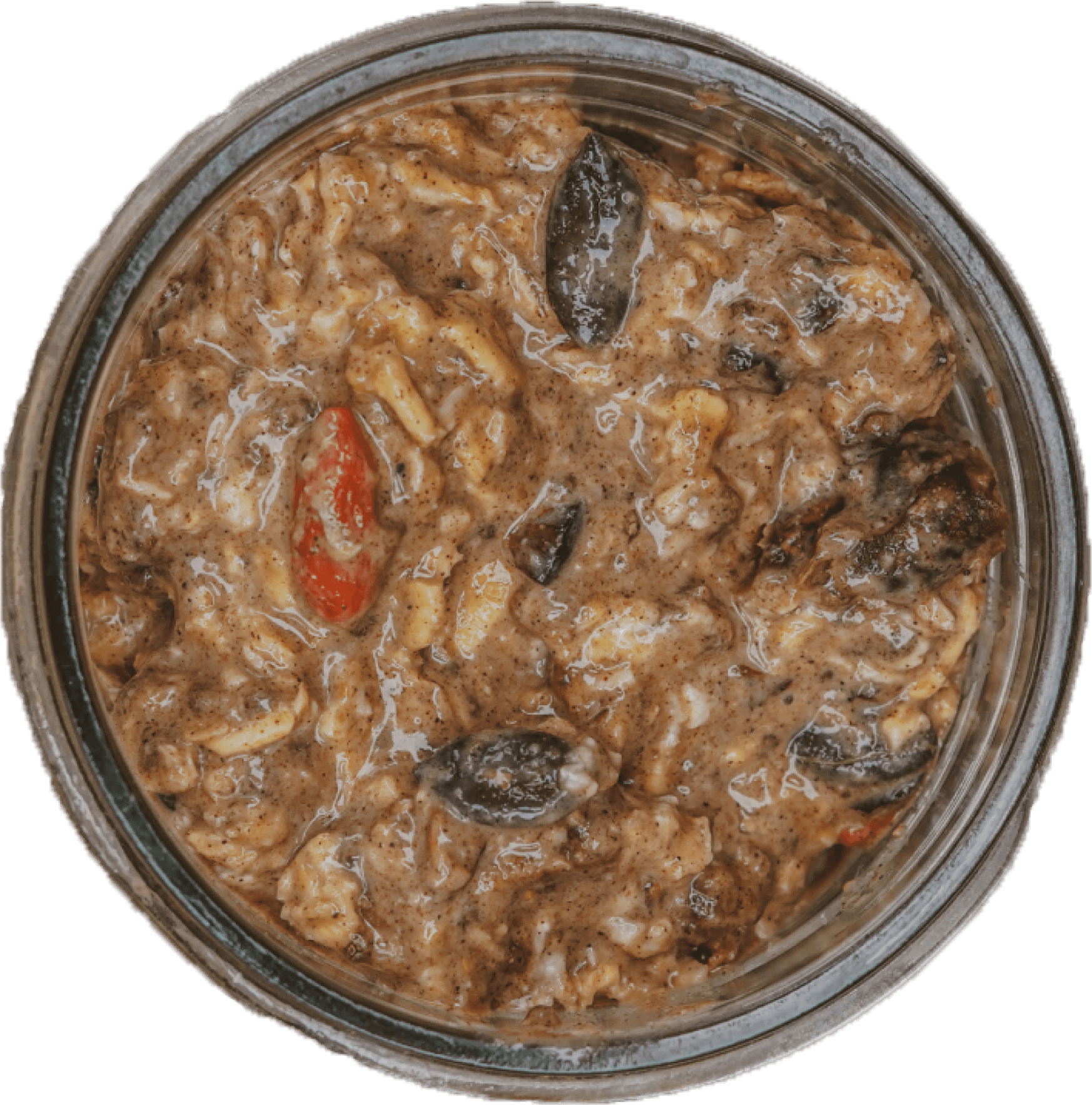make the best overnight oats
on earth

01/04 Pour mix
02/04 Add any milk


03/04 Chill
04/04 Enjoy!




















